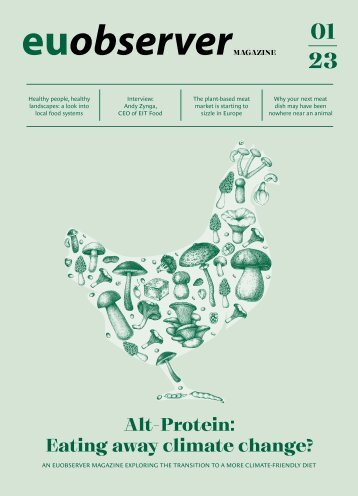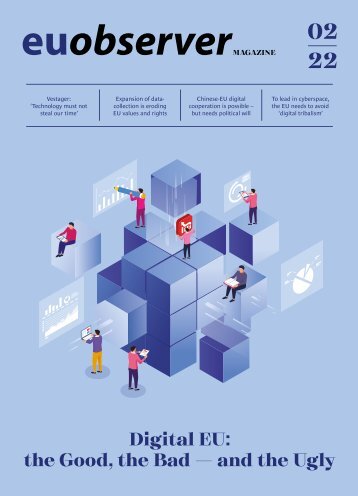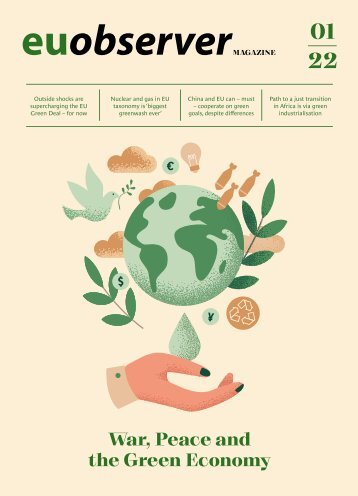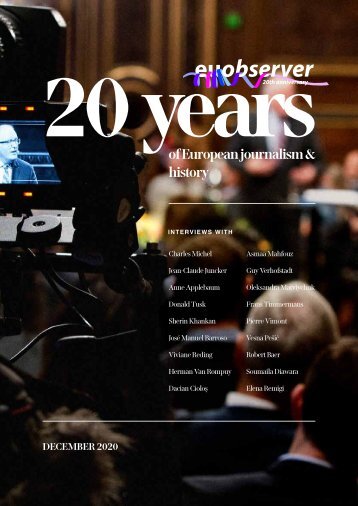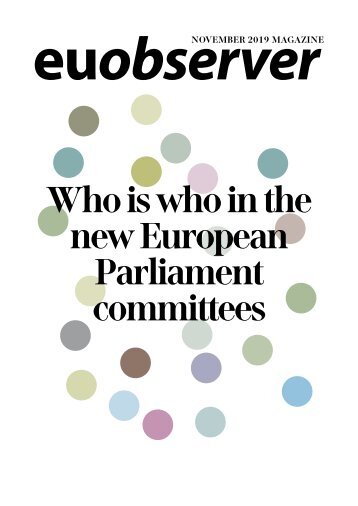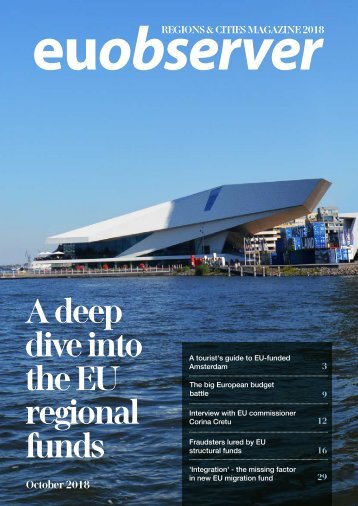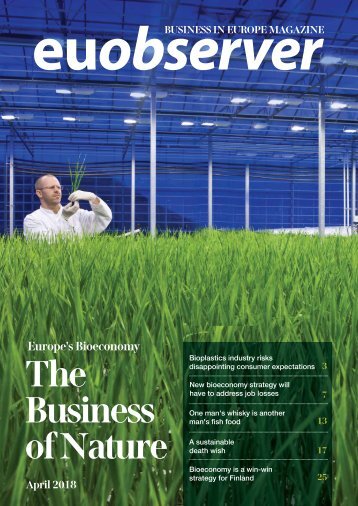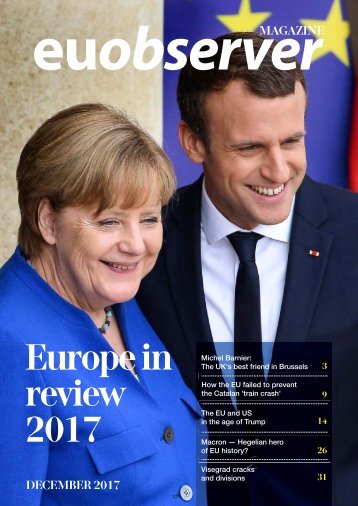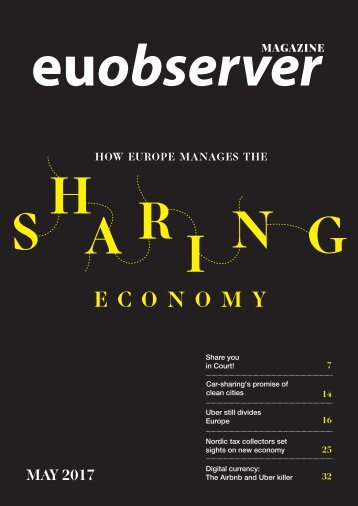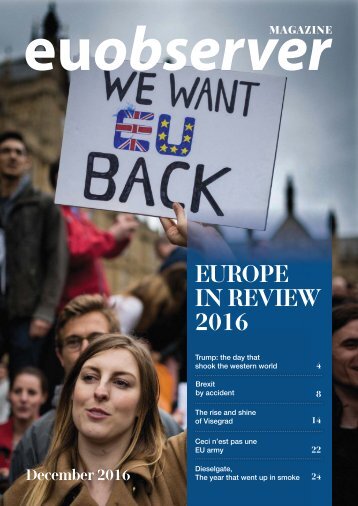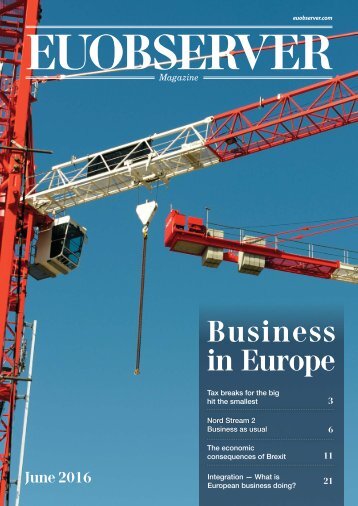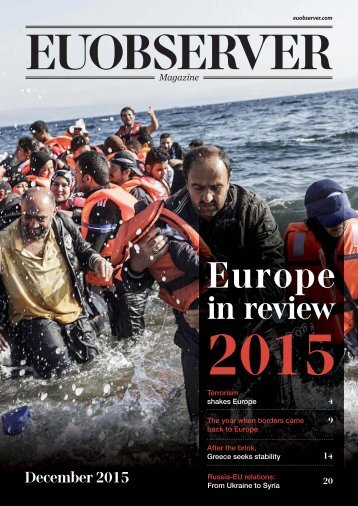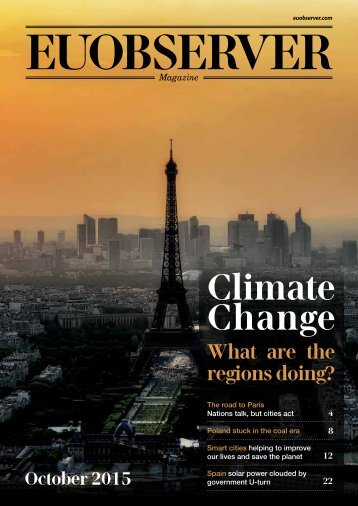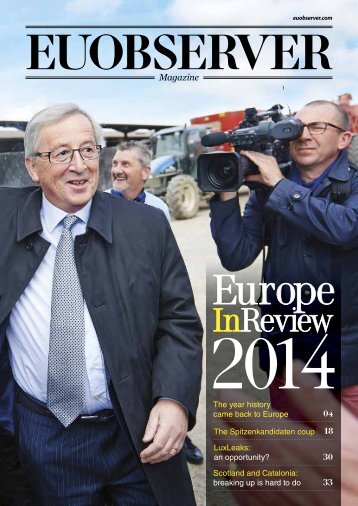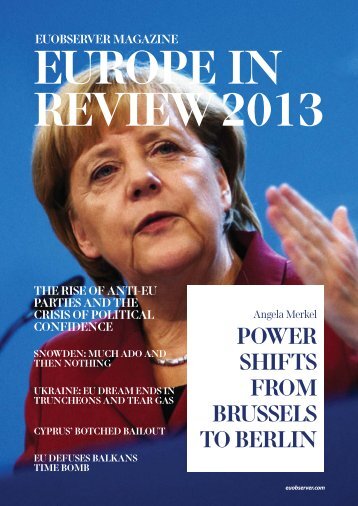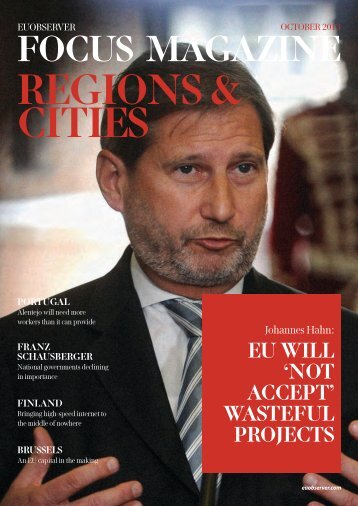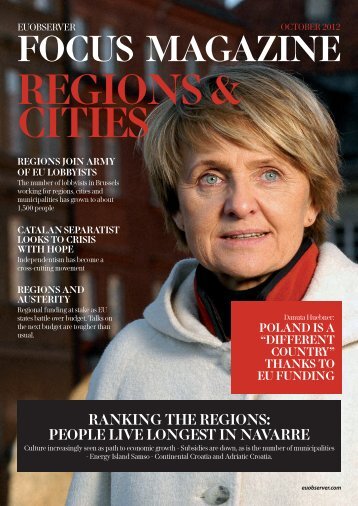Who is who in the new European Parliament committees
- Text
- Equality
- Sustainable
- Chairman
- Gender
- Defence
- Coordinators
- Climate
- Committees
- Parliament
- European
DEVE Development to fuel
DEVE Development to fuel change Development The European Parliament's development committee says its overarching priority will be to deliver on the UN's Sustainable Development Goals. Achieving that will require an action plan and targeted investments, says its chair Swedish centre-right MEP Tomas Tobé. By Andrew Rettman Last year, the European Commission earmarked almost €90bn for a socalled Neighbourhood, Development and International Cooperation Instrument (or NDICI for short). EU jargon and acronyms aside, the NDICI has serious ramifications for a whole set of policies when it comes to development across the globe. For Swedish centre-right MEP Tomas Tobé, who chairs the European Parliament's development committee, the issue ranks among a number of top priorities that will need to be tackled over the five years. "An overarching priority will be to deliver on the Sustainable Development Goals. In order to do that, we need a concrete action plan and we need well-targeted investments," he says. The development committee describes itself as a champion of the 2030 agenda for sustainable development and the global goals agreed by all UN members in 2015. Those goals aim to reduce poverty, inequality, environmental degradation while at the same time tackling climate change and ensuring prosperity, peace, and justice. Divided up into 17 categories, they are designed to act as a blueprint for the future of the developing world. But the UN's target date is only 10 years away - a tall order for a world whose political leadership has been dragging its feet on a rapidly-changing climate and biodiversity loss. Other immediate challenges also remain. Next February, the EU's existing pact with Africa, known as the Cotonou Partnership Agreement, comes to an end. Adopted in 2000, it covers EU relations between the EU and African, Caribbean and Pacific countries. Some 48 states are from sub-Saharan Africa alone. The pact spans development, trade and politics. Talks officially kicked off in September last year with migration becoming an increasingly big sticking point. In a sign that shows how development is merging into other policy areas, foreign and defence ministers across the EU met over the summer in Brussels to discuss improving security in Burkina Faso, Chad, Mali, Mauritania, and Niger. Two days later, development ministers joined in, demonstrating the crosscutting nature of policy in a region where conflict has affected millions. Asked what he hopes will be the single most important achievement for his committee over the next five years, Tobé mentions visibility. "Policy achievements aside, I want European development policy to be more visible and the results highlighted and communicated in a much better way than in the past," he says. Specifically, it means recognising development policy as an instrument to fuel change in a variety of fields including economic growth, innovation, environmental protection, multilateralism, democracy. Getting consensus within the committee on such issues won't be easy and risks becoming the most divisive point they will have to deal with. "It's essential that we challenge our perspectives by means of political debate, and that we constantly put our policies to the test," he says. Those policies will likely be tested by the committee's coordinators, which include György Hölvényi (EPP, Hungary), Udo Bullmann (S&D, Germany), Charles Goerens (Renew, Luxembourg), Michèle Rivasi (Greens/EFA, France), Bernhardt Zimniok (ID, Germany), Beata Kempa (ECR, Poland) and Miguel Urbán Crespo (GUE/NGL, Spain). Swedish centre-right MEP Tomas Tobé (r) is DEVE chair. Photo: © European Union 2019 - Source : EP 10 — EUROPEAN PARLIAMENT COMMITTEES
INTA Making EU trade deals work for citizens International Trade The Mercosur trade deal and the US trade policy will be debated in the European Parliament's trade committee, where chairman Bernd Lange wants to make genuine progress on enforcing sustainable development measures through the EU's trade agreements. By Eszter Zalan Bernd Lange (S&D, Germany) expects heated debate on ratifying the Mercosur deal and on dealing with the US. Photo: European Parliament critical about this agreement, because of its impact on Europe's agricultural sector and in light of recent political developments in Brazil, and those who are in favour," he said. These divisions, however, are "nothing new", added Lange, who chaired the committee in the previous parliamentary terms as well. As global trade disputes increase, protectionism is on the rise, and climate protection becomes a mainstream political objective, trade is becoming an increasingly political topic. Lange also expects "very different" views on how to deal with the US administration's trade policy, which has increasingly used tariffs on goods from Europe but at the same wants to reach a trade deal with the EU. The trade committee of the European Parliament (INTA) will thus host some heated debates. Sustainability, and the implementation and enforcement of the EU's trade agreements will be the two basic principles guiding the priorities for the trade committee, German MEP Bernd Lange told EUobserver, when asked about the focus in the next five years. "When I speak to Europeans in my constituency and elsewhere, I feel that there is a certain amount of expectation in terms of how trade policy can contribute to wider sustainability goals, such as the fight against climate change," the German social democrat said. Talks have been on hold, because the US insists agriculture products must be a part of the deal, which the EU does not agree to. The planned carbon-adjustment measure, an idea to compel other countries to meet he EU's climate standards or face taxes added to their products at the EU's borders, will also undoubtedly face very conflicting interests and views, Lange predicts. Lange said that under his leadership, the committee has been at the forefront of discussions on the sustainable development measures in trade agreements - but progress has been frustratingly slow and insufficient. European citizens also ask themselves, 'who benefits from the trade deals?', Lange added - referring to the growing number of trade deals the EU has secured and is planning to close. "If at the end of this legislature we can say that we made genuine progress in terms of enforcing these non-trade commitments through our agreements, I think we can be satisfied," he said. "They look very good on paper. They also need to deliver clear benefits for European citizens, workers, consumers and businesses alike," the MEP said. Lange expects some battles over the ratification of the Mercosur trade agreement with Argentina, Brazil Paraguay and Uruguay reached over the summer. The coordinators of the INTA committee are: Christophe Hansen (EPP, Luxembourg), Kathleen Van Brempt (S&D, Belgium), Haidi Hautala (Greens/EFA, Finland), Karin Karlsbro (Renew, Sweden), Markus Buchheit (ID, Germany), Geert Bourgeois (ECR, Belgium) and Helmut Scholz (GUE/NGL, Germany). "If INTA will be asked to give its consent to the trade agreement with Mercosur, I believe there will be a strong division in my committee between those who are really EUROPEAN PARLIAMENT COMMITTEES — 11
- Page 1 and 2: NOVEMBER 2019 MAGAZINE Who is who i
- Page 3 and 4: euobserver EDITORIAL ADDRESS EUobse
- Page 5 and 6: The committees then vote on final d
- Page 7 and 8: AFET EU diplomacy 2.0 Foreign Affai
- Page 9: SEDE EU buys guns Gearing up for EU
- Page 13 and 14: CONT Fighting corruption and cuttin
- Page 15 and 16: EMPL Employment and Social Affairs
- Page 17 and 18: 17 — EUROPEAN PARLIAMANT COMMITTE
- Page 19 and 20: SUSTAINABLE RESPONSIBLE COMPETITIVE
- Page 21 and 22: TRAN Tackling climate change throug
- Page 23 and 24: AGRI Agriculture and Rural Developm
- Page 25 and 26: CULT Culture and Education A bigger
- Page 27 and 28: LIBE Civil Liberties, Justice and H
- Page 29 and 30: FEMM Women's Rights and Gender Equa
- Page 31 and 32: BRUSSELS 10 NOVEMBER 2019 Letter to
Inappropriate
Loading...
Mail this publication
Loading...
Embed
Loading...

